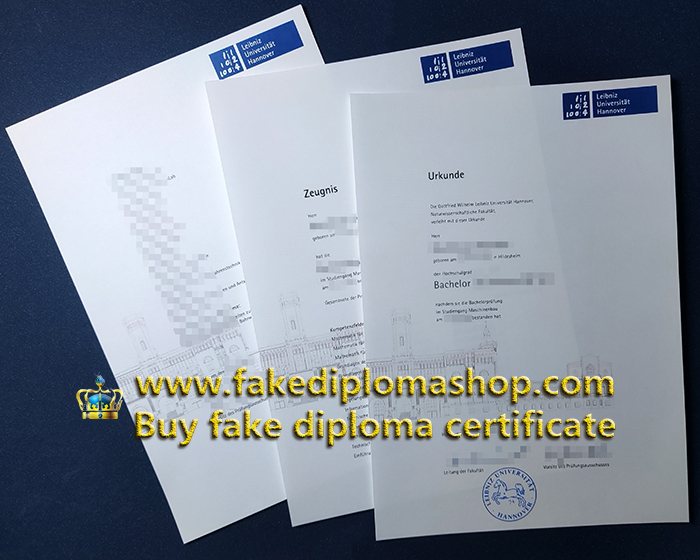
Leibniz Universität Hannover diploma and transcript
How important is Leibniz Universität Hannover diploma and transcript? Was kann man an der Leibniz Uni in Hannover studieren? Where can I buy the same Leibniz Universität Hannover transcript as the official? Where to buy a fake University of Hannover degree for a better job? Gottfried Wilhelm Leibniz Universitat (also known as the University of Hannover) is a public research university in Hannover, Germany.
The University of Hannover has 18 departments and more than 50 majors. Key research areas include biomedical research and technology, quantum optics and gravitational physics, optical technology, and production engineering. Outstanding courses include law, engineering, and economics. As of April 7, 2016, the school has more than 3,500 teachers.
The predecessor of the University of Hannover was the “Königliche Technische Hochschule” (Königliche Technische Hochschule), which was renamed Leibniz University Hannover in July 2006.
Established key research areas: Biomedical Research and Engineering, Quantum Optics and Gravitational Physics (1st place – Optics, Quantum Optics and Atomic, Molecular and Plasma Physics (DFG Funding Atlas 2018)), Production Engineering (2nd place Name – Mechanical and Production Engineering) (DFG Funding Atlas 2018)) and interdisciplinary scientific research. They are outstanding, internationally recognized research output, outstanding support for young researchers and successful coordinated projects of scientific and social importance.
What happens if you lose your Leibniz Universität Hannover diploma and transcript?
MSc in Chemical Sciences: Study the theoretical and material fundamentals of all fields of chemistry as well as mathematics, physics and computing at the bachelor’s level. In the subsequent stage of master’s study, you can focus on the direction of analytical chemistry, further study in depth, and choose to graduate with the title of master of science or diploma. The courses offered are: basics of analysis, spectroscopic methods, original science analysis, soil analysis, analysis of natural substances and food, radiation analysis and radiation protection, polymer analysis.
MSc in Physics: Postgraduate studies in Physics are awarded with the German Diplom Masters title. The curriculum for the first year is varied and varied. The second year is devoted to research. The Diplom Master’s thesis can be chosen from the following research focuses: Theoretical Physics: Experiments in Condensed Materials, Nuclear and Particle Physics, and Quantum Physics. Atomic physics and molecular physics: spectroscopic research, plasma physics and atomic energy reaction processes, experimental quantum optics.

